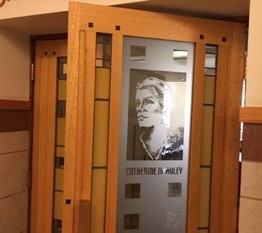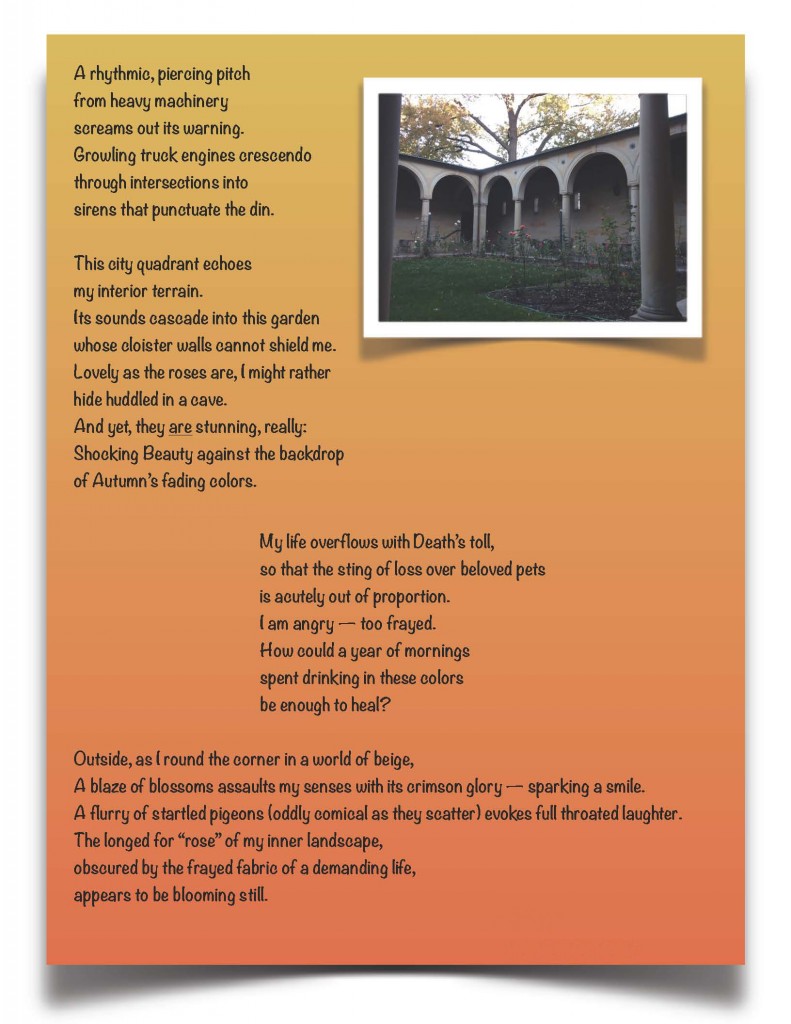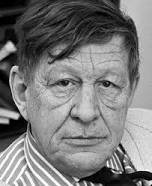Wednesday, September 27 {Posted on May 11, 2016}
Readers often introduce me to poets I’d not met, and sometimes re-introduce an already well-known poet with surprise from that poet’s work. That happened this week. A soul friend and list reader wrote on Monday about Joy Harjo’s birthday and the poem “Grace.” “In any case, I do love to read Joy’s poems on your blog, as well as Mary Oliver’s. I don’t read a great amount of poetry, but I do love both of those poets. And your blog has introduced me to many other amazing poems and poets.
Readers often surprise me with stories about a poem or a poet and stories about insight and decision in the reader’s life. Sometimes the stories take me back to September 2013 when this list began during hard times in the city and on campus. The hard times became an intuition that led to this list, c. 350 posts ago (now 504 posts). The original wording appears at the top of the archive blog where all previous posts appear. I read it now and then to remind me of origins. Check it out. https://sites.udmercy.edu/poetry
I found that Mary Oliver’s trenchant words in today’s post require several readings, with pauses. But I say that most days, don’t I? Strong poems do that.
Have a blest Wednesday.
john sj
Today’s post “What I have Learned So Far”
Meditation is old and honorable, so why should I
not sit, every morning of my life, on the hillside,
looking into the shining world? Because, properly
attended to, delight, as well as havoc, is suggestion.
Can one be passionate about the just, the
ideal, the sublime, and the holy, and yet commit
to no labor in its cause? I don’t think so.
All summations have a beginning, all effect has a
story, all kindness begins with the sown seed.
Thought buds toward radiance. The gospel of
light is the crossroads of — indolence, or action.
Be ignited, or be gone.
Mary Oliver b. 1935









